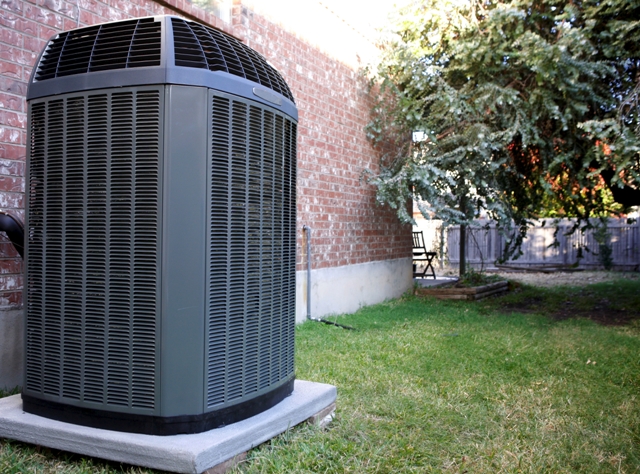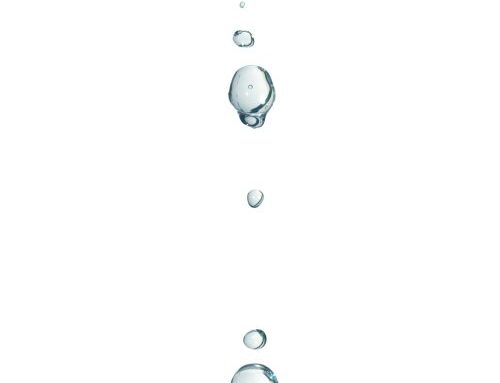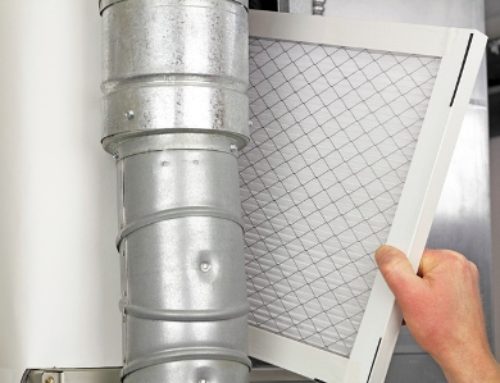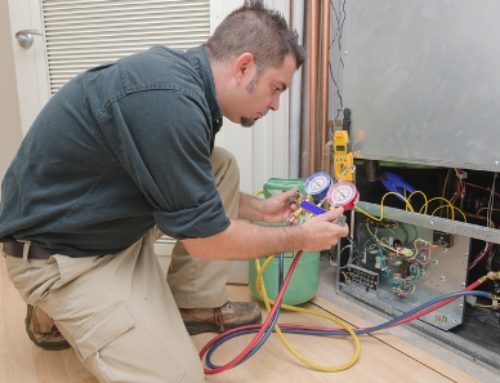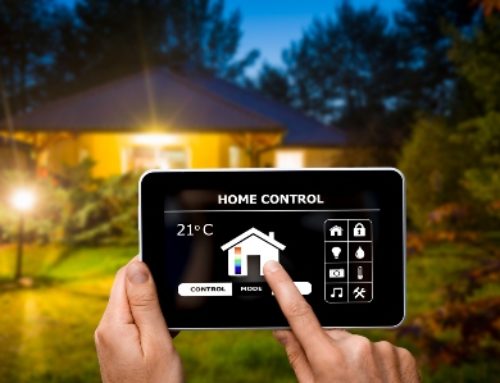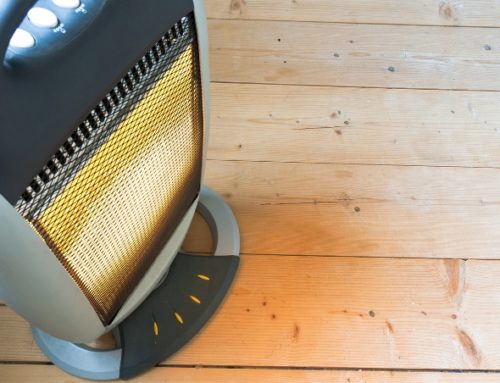It is a common saying that bigger is better, and some might apply this idea to the size of their air conditioning unit. However, this is not always wise. It is true that a bigger unit will put out more conditioned air faster than a smaller one, but that is only really useful if you have a larger home. If you don’t, then the extra power is wasted, and you can actually cause more harm than good.
Big Unit, Big Problems
So what are the disadvantages to having an oversized air conditioning unit? Here are a few reasons why bigger may not always be better:
- Lower efficiency: It isn’t a very big difference, but in the current economy, every little bit helps. Since a larger unit doesn’t have to run as long to cool your home, it will start up and shut down more often. This is known as “short cycling,” and it actually lowers the unit’s efficiency. The reason for this is AC units waste more energy while starting up and shutting down, so if it goes through those processes more often, it will end up utilizing less of the energy you pay for. Having a properly sized unit will save you at least a little on your energy bills.
- Higher maintenance costs: Most of the wear and tear on your system occurs during the startup and shut-down processes. Since a larger unit will turn on and off more frequently, it will wear out faster than a properly sized unit. This will lead to higher maintenance costs and shorter unit life. In addition, the higher wear will cause the unit to operate less efficiently since it will have to work harder to keep the right output of cool air.
- Condensation: In Texas, your air conditioner will take in a lot of hot, humid air. As it cools this air, the humidity condenses on the coils. This condensation will accumulate until it drips onto the drainage pan below. However, if your unit doesn’t run long enough (as is the case with a short cycling unit), this condensation will remain on the coils and may even evaporate once again, allowing it to be transferred into your home. This can lead to condensation on your windows and other interior surfaces, making your home a great environment for mold and mildew to grow.
Rather than take a chance on an oversized unit, calling an HVAC specialist will help you get the right size unit for your home.
Getting the Right Size
As AC units go, there is only one size that is right for your home. In order to determine that, HVAC technicians use the Manual J Load Calculation, which is the standard set by the Air Conditioning Contractors of America. This calculation takes numerous factors into account, including:
- General climate of the area
- Number and placement of windows
- Insulation levels
- Materials used in construction
- Room and overall building sizes
These items factor into how much air your home needs to circulate to keep the temperature consistent, which will help a technician determine what size unit is best for your home. At Climate Tech Air Conditioning and Heating, our certified technicians perform accurate analysis that allows us to determine the unit size your home needs. For an estimate or more information, contact us today!



